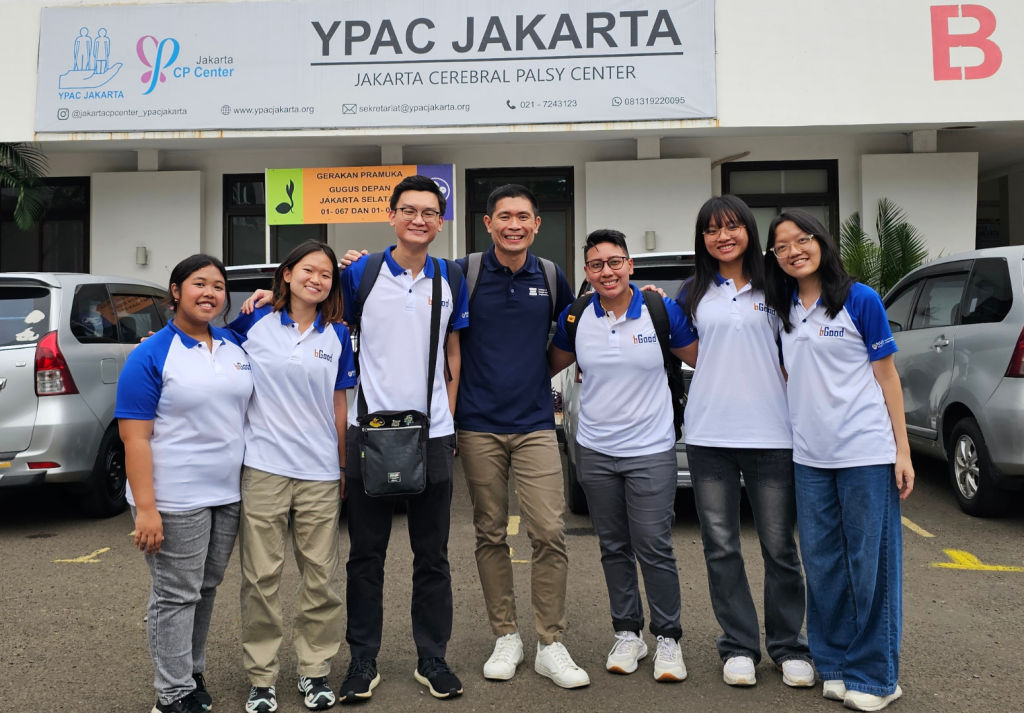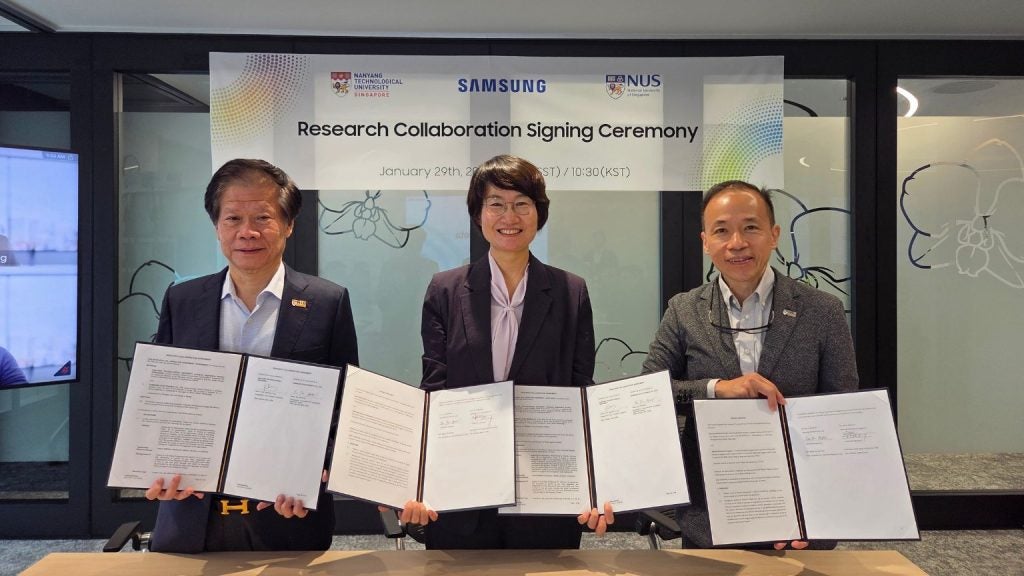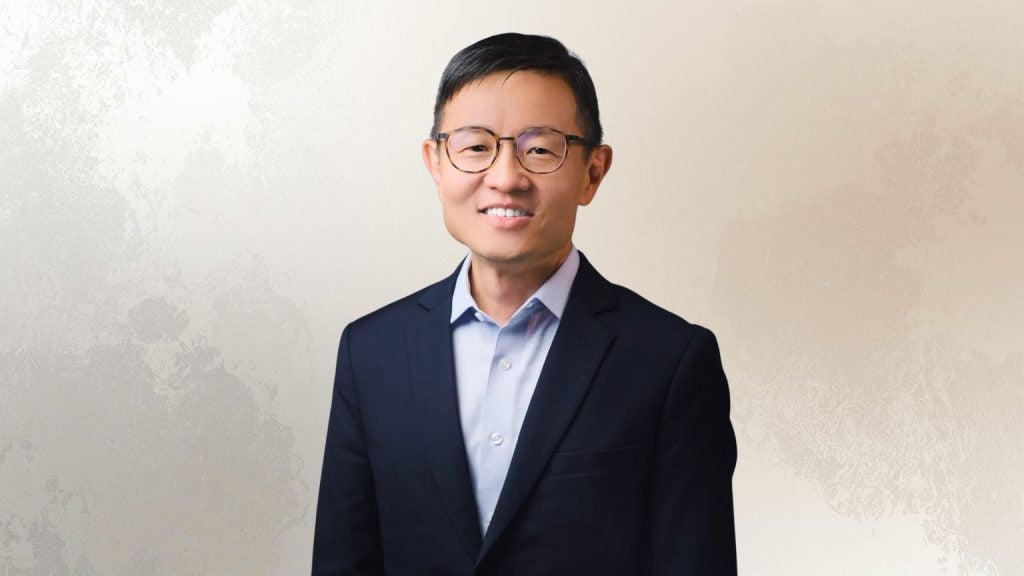
In a transformative and eye-opening visit to Timor-Leste, 14 students from the Department of Biomedical Engineering at CDE showcased the power of education, compassion and hands-on experience in contributing to the improvement of healthcare in the country.
Under the banner of "bGlobal”, an initiative by the Department of Biomedical Engineering, the students worked together with Timorese healthcare workers to troubleshoot medical devices during their 10-day stay, while also helping to identify and address critical healthcare challenges.
Among those taking part was Lakshmi Sujeesh who helped guide healthcare personnel on the usage of essential medical devices such as ultrasound and steriliser machines donated during the trip.
“The bGlobal trip to Timor-Leste opened my eyes to the difficulties faced by the locals in developing countries,” the Year 3 Biomedical Engineering student said after returning from the visit.

Lakshmi said she observed a significant gap in training for the nationwide pharmaceutical inventory management system, leading to delays in stock delivery. She also highlighted the lack of public education on disease management, particularly for diseases like HIV and tuberculosis.
She said the experience had helped her to “see the potential of how I can contribute to helping patients have better lives”, adding “I am looking forward to finding a solution to help bridge the health gaps identified.”
Fellow student Sridhar Swetha, who describes herself as “passionate about the importance of healthcare” said the bGlobal experience was "truly one of a kind".
Working on the project, she added, “helped me to recognise better the importance of biomedical engineers especially for designing products with user needs and societal considerations, to ensure their effectiveness.”
The visit which took place in late July and early August 2023 was jointly organised with Maluk Timor, an NGO based in the Timor-Leste capital Dili that works to train and empower local healthcare workers and build a sustainable local healthcare system.

Gabriel Wong, another participant in the visit, said he had initially expected it to be a fun way to clear a core course but quickly found himself deeply involved in the project.
“Having the trip attached to a local organisation like Maluk Timor gave us a chance to work hand in hand with locals and observe them in action” he said.
“I enjoyed listening to their stories. I was moved by their passion when they shared the goals they have for their community.”
During their trip, students explored a range of healthcare facilities, ranging from national hospitals to community health clinics and health posts in isolated mountainous regions of the country, with opportunities to interact with healthcare professionals from different sectors.
Assistant Professor Dr Andrew Holle (Biomedical Engineering) who led the visit from the NUS side, said the aim of the bGlobal Timor-Leste initiative was to have students observe and experience “multiple modalities” of the Timorese healthcare system.
“They focussed primarily on observing, not intervening; their goal was to identify challenges that could be addressed from a biomedical engineering standpoint,” he said.

After returning to Singapore, the students enrolled in an independent study course and then spent the semester either individually or in pairs building solutions to a specific challenge they had identified, Asst Prof Holle explained.
With mentorship provided by the Department of Biomedical Engineering, the students kept in regular contact with partners in Timor-Leste, receiving feedback on each design iteration for their proposed solution which was then presented to and evaluated by Maluk Timor.
During their stay in Timor-Leste students also engaged in two field trips, one to Atauro Island where they enjoyed some world-class snorkelling, and another to the country’s mountainous coffee-producing heartland, Ermera.
The students who took part said their proudest achievement was successfully fixing several medical devices in use at remote clinics and the National Hospital.

| bGood: Co-designing bioengineering solutions with the community
The bGlobal initiative is a branch of bGood, an initiative of the Department of Biomedical Engineering, that focuses on utilising bioengineering to address problems in developing countries through community-based learning, connecting education with community partners for public benefit. bGood (Biomedical Engineering for Good) aims to connect education with community partners through a community-based learning approach that enhances students’ learning and engagement. The programme enables aspiring biomedical engineers to work with community partners and disadvantaged individuals to co-design and solve real-world challenges through design and technological innovations as solutions for public benefits as part of their coursework. The Timor-Leste visit forms part of BN2001, an independent study module for Biomedical Engineering undergraduate students. The visit was partially supported by the NUS Global Relations Office and was officially an NUS Study Trip for Engagement and EnRichment (STEER), which sponsored participating students to defray costs. The success of the bGlobal Timor-Leste trip would not have been possible without the collaboration of key individuals and organisations: NGO Maluk Timor Clinical Director Dr. Lois Hong, Mr Panky and the team at Air Timor, and Miguel and the staff at Timor Lodge. |





